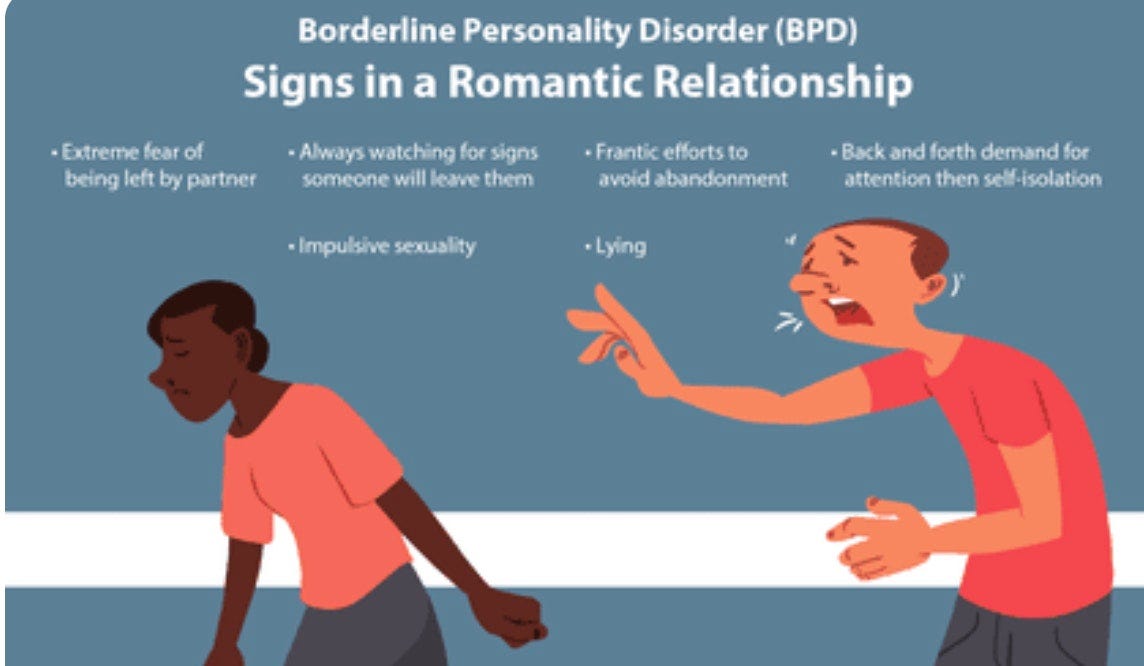Tic disorders are neurological conditions characterized by repetitive, involuntary movements (motor tics) or vocalizations (vocal tics). These tics can range from simple to complex and can significantly impact a person’s quality of life.
Types of Tic Disorders
- Tourette Syndrome: A neurological disorder characterized by multiple motor and vocal tics.
- Persistent (Chronic) Motor or Vocal Tic Disorder: A less severe form of tic disorder involving either motor or vocal tics, but not both.
- Provisional Tic Disorder: A temporary tic disorder that lasts less than a year.
Symptoms of Tic Disorders
- Motor Tics: Simple motor tics may involve rapid, jerky movements, such as eye blinking, head jerking, or shoulder shrugging. Complex motor tics may involve coordinated movements, such as facial grimacing, touching, or echopraxia (imitating the movements of others).
- Vocal Tics: Simple vocal tics may include sounds like throat clearing, sniffing, or grunting. Complex vocal tics may involve repeating words or phrases (echolalia), or repeating sounds or words out of context (coprolalia).
Causes of Tic Disorders
The exact causes of tic disorders are not fully understood. However, genetic and environmental factors may play a role. Some research suggests that imbalances in certain neurotransmitters, such as dopamine, may contribute to the development of tics.
Treatment of Tic Disorders
Treatment for tic disorders aims to manage symptoms and improve quality of life. Common treatment approaches include:
- Medication: Medications, such as antipsychotics or alpha-adrenergic agonists, may help reduce the severity and frequency of tics.
- Behavioral Therapies: Behavioral therapies, such as habit reversal training, can help individuals learn to suppress tics.
- Cognitive-Behavioral Therapy (CBT): CBT can help individuals manage stress and anxiety, which may contribute to tic severity.
- Educational Interventions: Education and support can help individuals and their families cope with the challenges of living with a tic disorder.
It’s important to note that tic disorders can vary in severity and may fluctuate over time. With appropriate treatment and support, many individuals with tic disorders can lead fulfilling lives.



